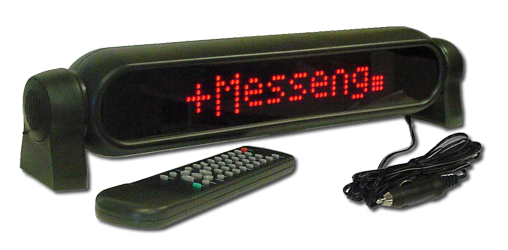BlogRoll
Aardvark
Scoop
Arts & Letters
Bloglines Blogroll feed currently *broken*
Subscribe to
Comments [Atom]bloglines
A place of Bile & other Humours.
BlogRoll
Bloglines Blogroll feed currently *broken*
Subscribe to
Comments [Atom]bloglines
1. "How hard is it to shoot off a lock?" Answer: Very hard."An obscure branch of security studies" I told the ${BOSS}.
2. Pistols won't shoot a lock off or even penetrate the lock.
3. Pistols are pistols and rifles are rifles. Enough said.
4. I now understand why our troops are often seen carrying "breeching shotguns" on their backs and a rifle in their hands. Shotguns will blow a lock off. Rifles will blow holes through a lock, but will not reliably shoot one off.
5. The rifles went through the locks with ease. It is obvious that you could "knaw" off the lock, little by little with a rifle, but a shotgun does it with one shot.

Every time a user plays a XCP-affected CD, the XCP player checks in with Sony's server. As Russinovich explained, usually Sony's server sends back a null response. But with small adjustments on Sony's end -- just changing the output of a single script on a Sony web server -- the XCP player can automatically inform users of the software improperly installed on their hard drives, and of their resulting rights and choices.But as Bruce Schneier suggests:
This is so obviously the right thing to do. My guess is that it'll never happen.
Post Links
Previous Posts
... not a complete waste if taxes then!
Stupid Charges are not customer service.
The first Sacrifice of Spring.
Apparently it's what separates men from women ...
Archives
May 2004
June 2004
July 2004
August 2004
September 2004
October 2004
November 2004
December 2004
January 2005
February 2005
March 2005
April 2005
May 2005
June 2005
July 2005
August 2005
September 2005
October 2005
November 2005
December 2005
January 2006
February 2006
March 2006
April 2006
May 2006
June 2006
July 2006
August 2006
September 2006
October 2006
December 2006
January 2007
February 2007
March 2007
April 2007
May 2007
June 2007
July 2007
August 2007
September 2007
November 2007
January 2008
February 2008
March 2008
April 2008
May 2008
July 2008
August 2008
October 2008
January 2009
February 2009
April 2009
June 2009
November 2009
December 2009
January 2010
March 2010
April 2010
May 2010
August 2010
October 2010
November 2010
December 2010
January 2011
February 2011
March 2011
April 2011
May 2011
June 2011
July 2011
August 2011
September 2011
October 2011
April 2012
July 2012
August 2012